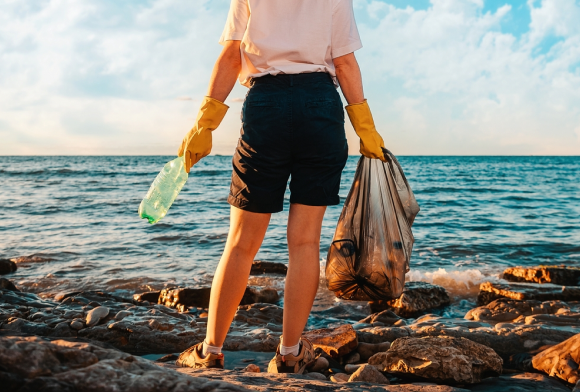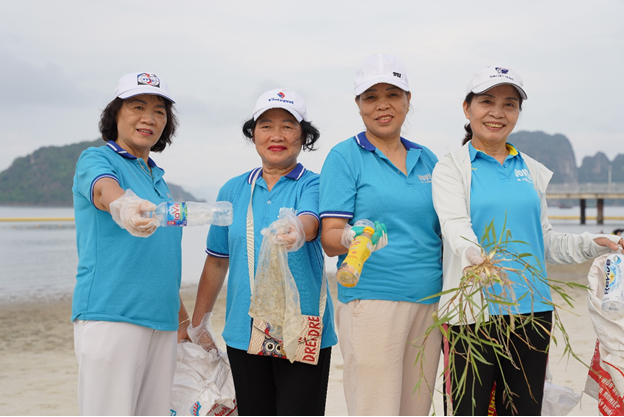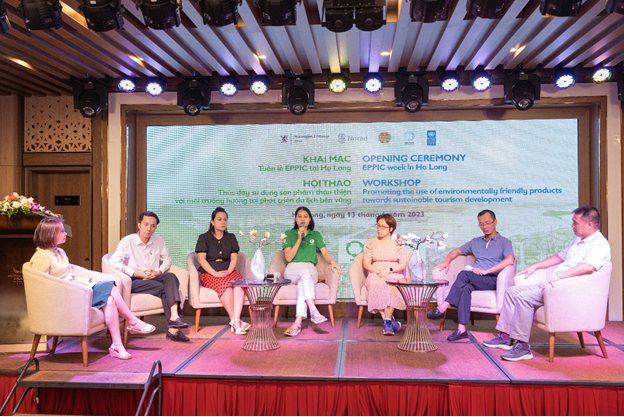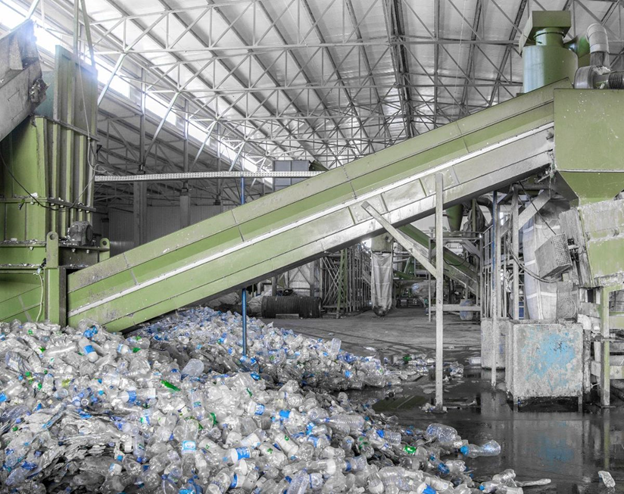Members and stakeholders of the #NPAP_Innovation_and_Financing_Taskforce have discussed and explored some “digital innovations to ease the work of informal waste workers (#IWWs) and promote #responsible_sourcing” and mainstream gender equality and social inclusion in plastic actions.
Hanoi
Members and stakeholders of the #NPAP_Innovation_and_Financing_Taskforce have discussed and explored some “digital innovations to ease the work of informal waste workers (#IWWs) and promote #responsible_sourcing” and mainstream gender equality and social inclusion in plastic actions.
At the event, the voices of informal waste collectors in Ha Noi and Quang Ninh have been raised to share their challenges in accessing hi-tech apps, and having connections with waste dealers and further integrating into the plastic waste management system. It’s recommended that IWWs need more capability building on digital technologies and updating the current environmental protection policies to catch up with the digitalization within the waste management system and contribute to the national metrics on waste collection and sorting at sources. After understanding the right targeted users, digital apps can better support their jobs and improve working conditions and well-being packages by networking with relevant stakeholders, from government authorities, waste buyers, and recyclers, and practicing circular economic models.
In addition, with the solution generated from digital innovators and other impacted projects, it can lead and formulate emerging markets for responsible sourcing in the plastic waste supply chain. According to the International Chamber of Commerce (ICC), responsible sourcing, which also refers to supply chain responsibility, is a voluntary commitment by companies to take into account social and environmental considerations when managing their relationships with suppliers.
Tags










